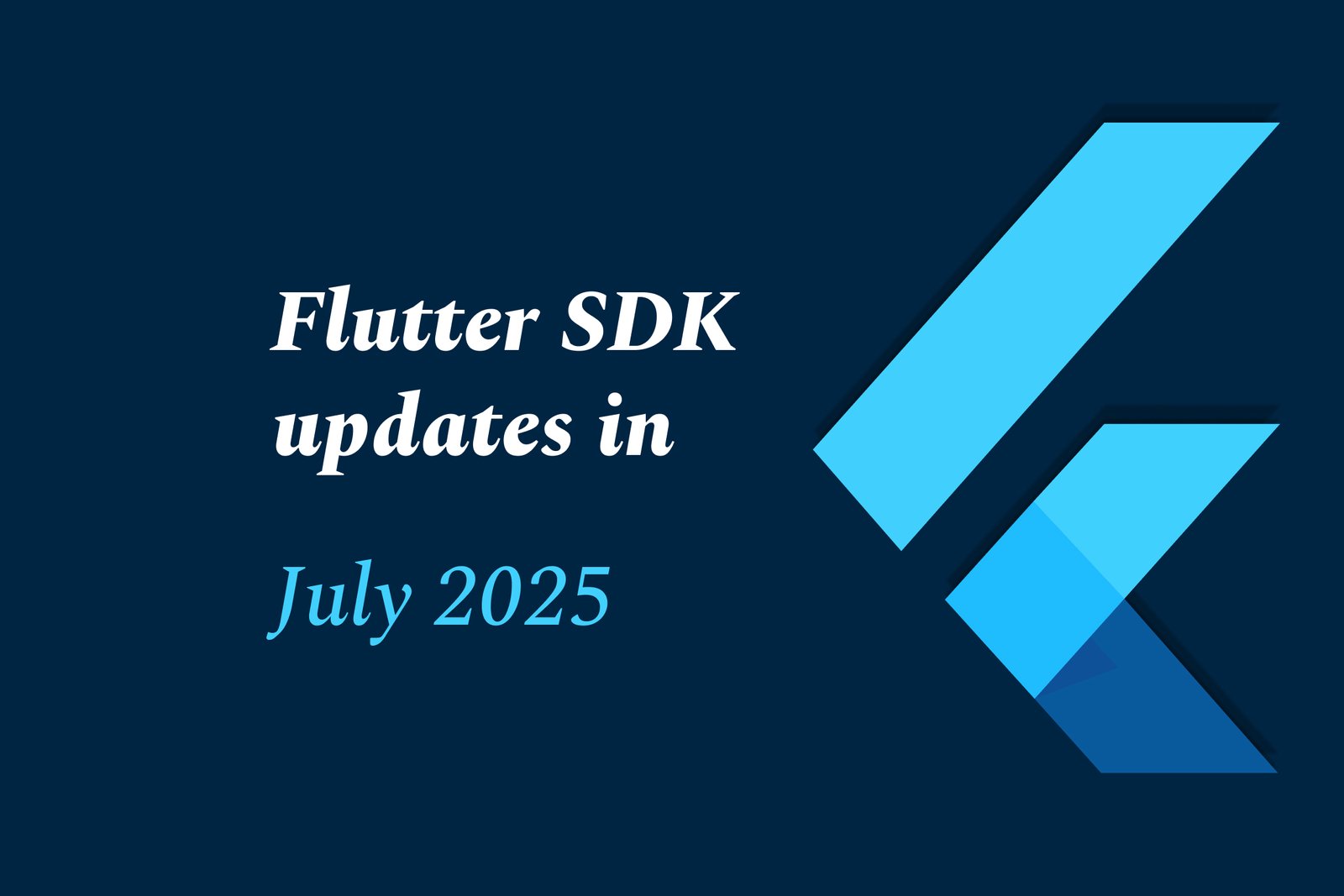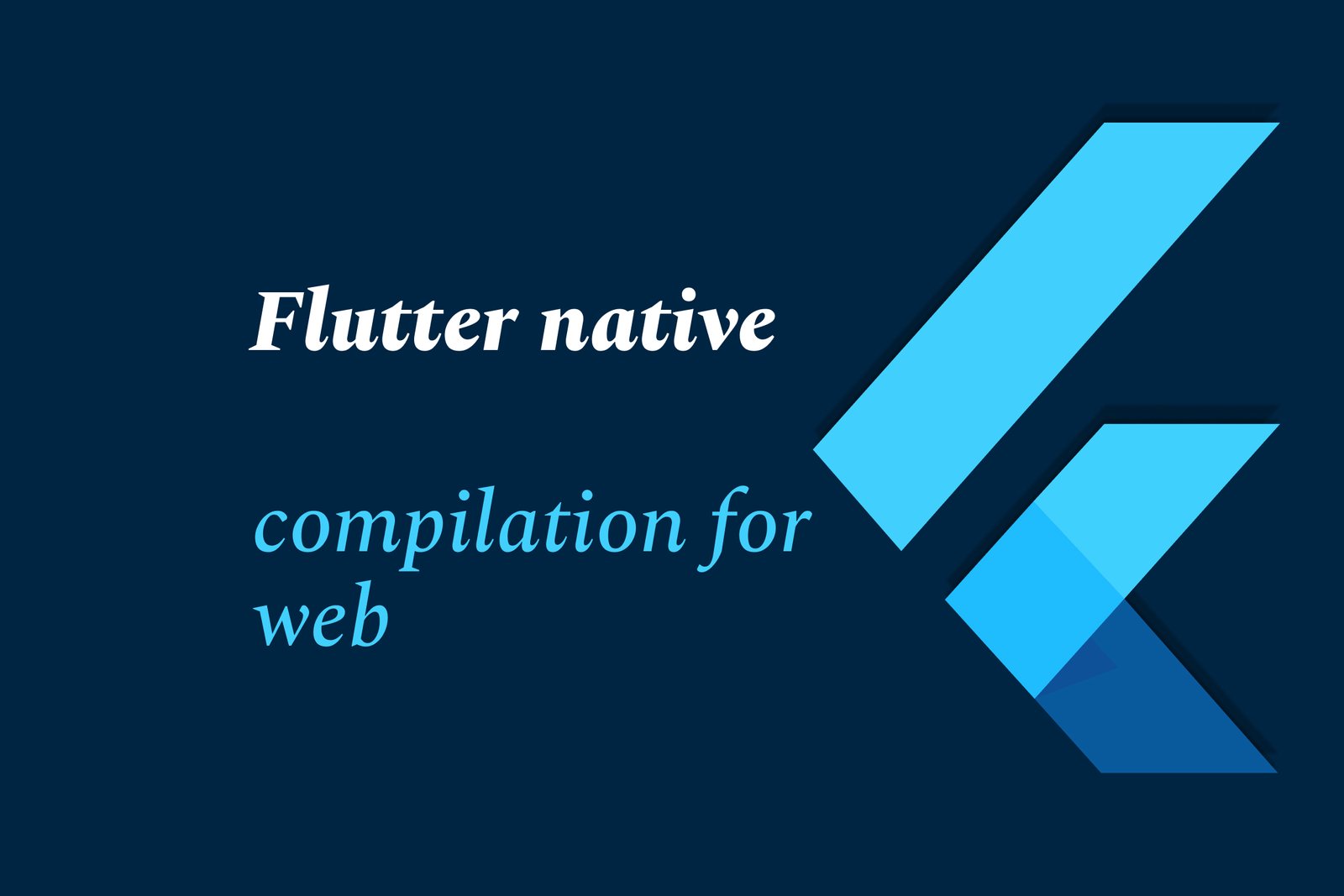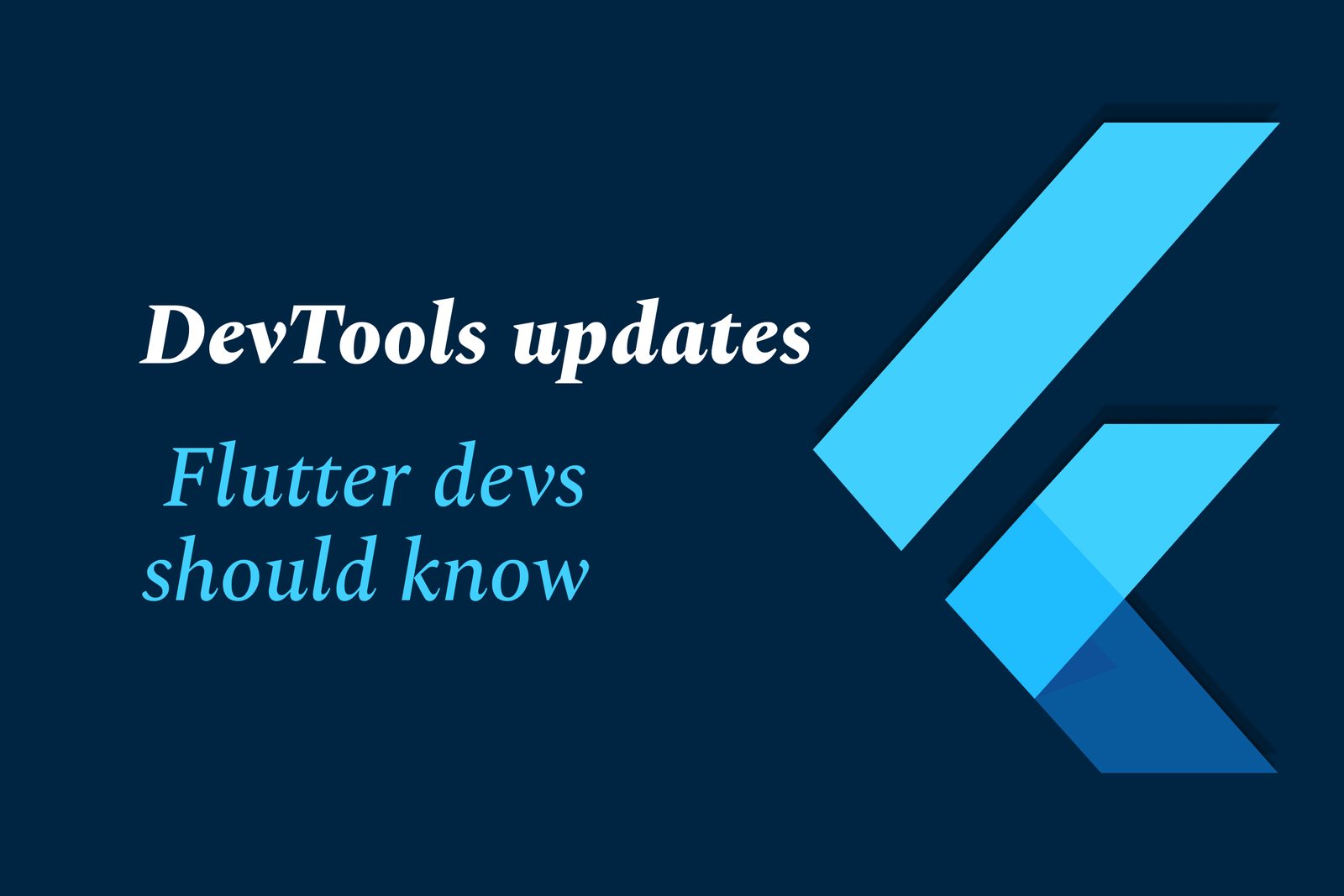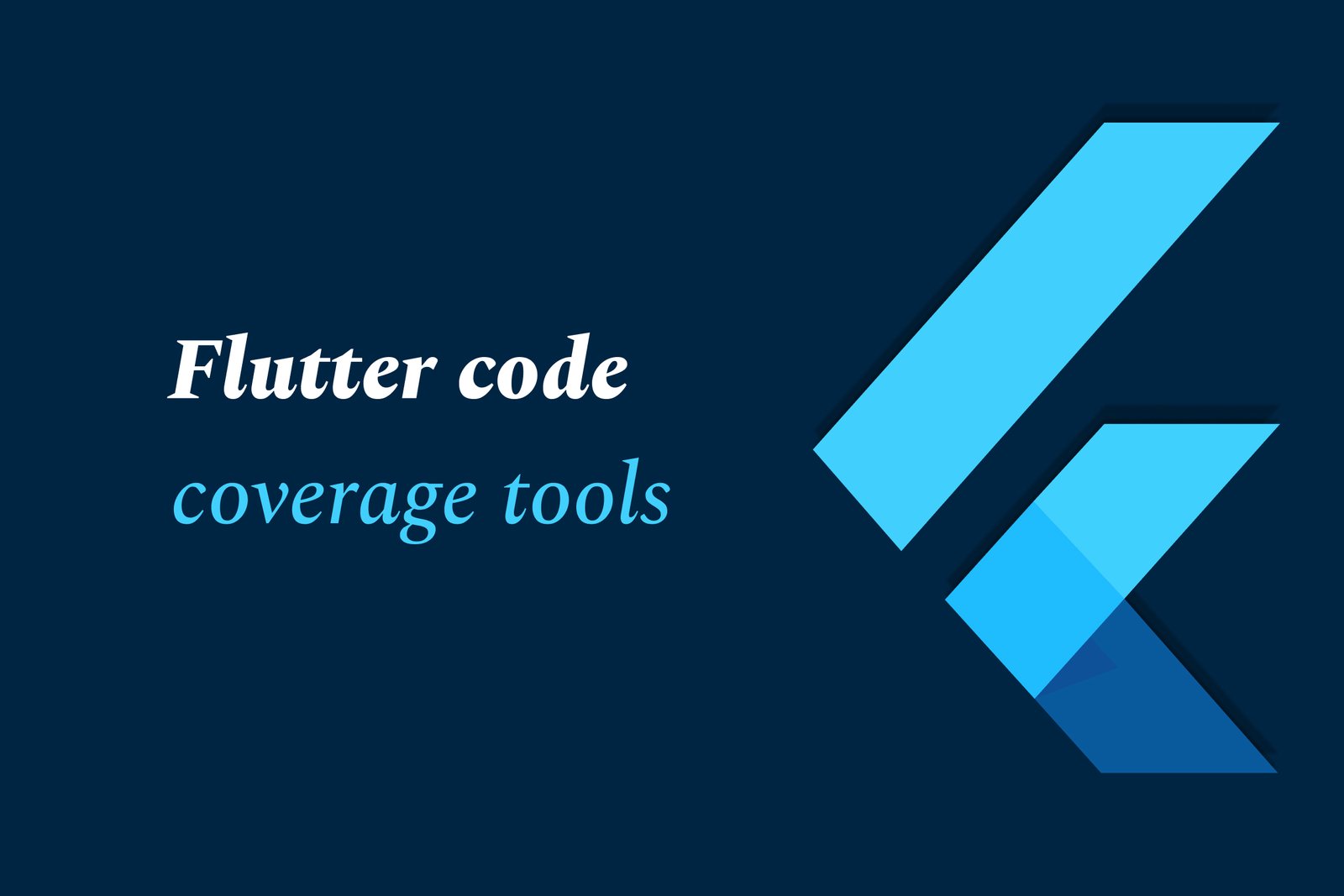Flutter SDK updates in July 2025
The July 2025 Flutter SDK update brings Flutter 3.32.4 integration, enhanced native file editing in FlutterFlow, reusable custom class libraries, AI-powered feature upgrades, improved accessibility, and critical bug fixes—boosting performance and developer productivity.
Flutter SDK Updates in July 2025
1 ) Upgrade to Flutter 3.32.4 in FlutterFlow
FlutterFlow has updated its base Flutter version to 3.32.4.
This release brings major improvements in Flutter and updates dozens of third party packages.
Developers may need to adjust custom code or dependencies, especially for web rendering or older Android embedding.
An experimental wasm toggle is now available in Web Deploy settings for enhanced web app performance.
2 ) Enhanced Native File Editing in FlutterFlow
Users can now directly modify AppDelegate.swift (iOS) and build.gradle (Android) files inside FlutterFlow.
This enables advanced integrations requiring native configuration, such as custom plugin registration, SDK version tweaks, and adding build time dependencies.
These join existing editable files like main.dart and AndroidManifest.xml.
3 ) Custom Classes Shared via Libraries
FlutterFlow introduces Libraries for sharing custom classes—data models, business logic, enums—across projects.
This greatly facilitates code reuse and version control for common components like UserProfile or Product classes.
Enhances scalability and maintainability for teams working on multiple Flutter apps.
4 ) Other Usability and Feature Improvements
Double clicking text elements instantly focuses input box for faster editing.
Updated canvas device options include latest models (iPhone 16, Pixel 9 ).
Collaboration settings now support search, sorting, and filtering for project members.
Project API documentation updated with new endpoints like /listProjects.
AI powered features improved: AI prompts in custom code now access full project variables; AI Agents upgraded to OpenAI’s Responses API and Google Gemini 2.5 stable models.
Show Border on Focus toggle added under Accessibility for keyboard navigation enhancements.
Improved UX flows for branch renaming, project loading, CLI command generation, and library page importing with route conflict resolution.
5 ) Major Bug Fixes
Fixed pixel overflow in property panel, loop handling in action blocks, and commit list display issues.
Resolved bugs impacting builds with dependencies and emoji display in custom code expressions.
Addressed crashes in Windows desktop app loading custom code/webviews.
Corrected data table refresh, action duplicates, and library value resets when managing dependencies.
Fixed authentication action checks and various UI/interaction fidelity problems.
6 ) SDK Upgrades and Related Product Updates
Flutter SDK version 5.1 )0 (July 7, 2025 ) released with upgraded Android SDK (7.10.0 ) and iOS SDK (8.2.0 ).
Multiple prior SDK updates detailed from January through June 2025 introduced bug fixes, proof of address verification feature, NFC improvements, and support for newer Android/iOS versions.
Summary:
July 2025’s Flutter SDK and FlutterFlow updates deliver significant enhancements in core Flutter upgrades, native file editing capabilities, and reusable custom libraries. Alongside numerous workflow improvements, accessibility enhancements, and AI feature upgrades, the release ensures better developer productivity and app performance. Several critical bug fixes and SDK version bumps consolidate the platform’s stability for modern cross platform app development.
https://justacademy.in/news-detail/flutter-roadmap-beyond-2025
https://justacademy.in/news-detail/new-features-in-flutter-4.0-stable
https://justacademy.in/news-detail/what’s-deprecated-in-flutter-2025
https://justacademy.in/news-detail/best-flutter-practices-every-developer-should-follow
https://justacademy.in/news-detail/why-flutter-developers-are-in-high-demand-in-india
Related Posts
Top Flutter animation packages like SpinKit, Animations, and Flutter Animate simplify adding smooth, engaging animations to apps. They offer ready-made loaders, material transitions, and versatile effects, enhancing user experience with minimal code and improved UI appeal.
Flutter AI packages are rapidly gaining traction by enabling developers to easily integrate powerful AI features like machine learning and natural language processing into cross-platform apps, boosting innovation and efficiency within the growing Flutter ecosystem.
Flutter enables cross-platform desktop app development with a single codebase, offering fast UI design, native performance, and strong community support. However, it faces challenges like larger app sizes, limited desktop-specific features, and a less mature ecosystem compared to native tools.
Flutter AI combines Flutter’s cross-platform app development with AI technologies to create smart, efficient fintech and healthcare apps—enabling fraud detection, personalized finance tips, medical imaging, virtual health assistants, and automation for improved user experience and operational efficiency.
Flutter's Linux desktop support has steadily advanced, improving performance, native theming, and integration with Linux desktop environments. Collaboration with Canonical and the community is driving better window decorations, menu support, and release-ready app builds for seamless Linux app development.
Flutter is a versatile UI toolkit by Google enabling cross-platform app development, increasingly used for Smart TVs and IoT devices. It allows building native-like interfaces for diverse platforms, streamlining development despite challenges like remote navigation and platform-specific integration.
Flutter native compilation for web transforms Flutter code into efficient JavaScript and WebAssembly, enabling fast, high-performance web apps with smooth UI rendering. This approach delivers near-native speed and consistency across browsers using a single codebase.
Flutter DevTools has been updated with enhanced performance profiling, an improved widget inspector, network monitoring, Material You theming support, faster hot reload/restart, and better accessibility tools—helping developers debug and optimize Flutter apps more efficiently.
Flutter code coverage tools measure the percentage of code executed during testing, helping developers identify untested parts. Using commands like `flutter test --coverage` and tools like LCOV and VSCode extensions, they visualize coverage to improve code quality and reliability.
In 2025, Dart Pub remains a vital hub for discovering and managing Dart packages, driven by Flutter’s growth. Trends focus on enhanced cross-platform tools, improved performance, richer libraries, and rising use in innovative apps like AR, making Dart Pub essential for versatile, modern development.










